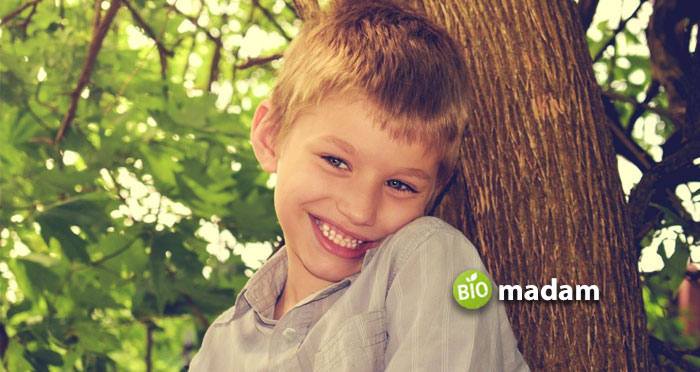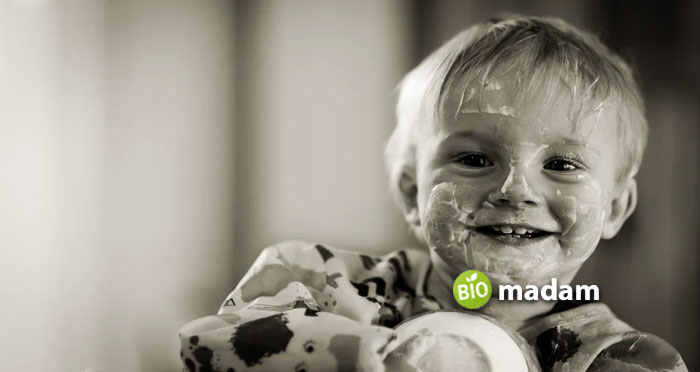Recently updated on March 4th, 2023 at 11:11 am
Autism is a type of personality disorder. When a child is diagnosed with autism, the first question comes to mind “can a child with autism have an everyday life?” Or “Can autism go away with age?” Unfortunately, a research study in 2008 found that from 3 to 25 percent of autistic children eventually lose their autism diagnosis.
The research sample of most of these studies involves a relatively small group of children (10 to 50, for example). It indicated a need to do these researches at larger, nationwide studies.
Therefore, in a 2012 study led by a government epidemiologist, researchers examined the record of 1,400 autistic children in four states — Arizona, Georgia, Maryland, and South Carolina – that are part of the U.S. Autism and Developmental Disabilities Monitoring (ADDM) Network. They found that 4 percent of autistic children lost their diagnosis by age 8.
Prevalence of Autism
Most people believe that autism is a genetic brain disorder, but researches reveal that it is not valid. Instead, it is a systematic body disorder that affects the brain. According to estimation, the rate of autism has skyrocketed from 1 child in 3,000 to just 1 in 150 kids today.
Causes of Autism
Recent scientific discoveries explain the true causes of autism and turn conventional thinking on its head. Martha Herbert, MD, a pediatric neurologist from Harvard Medical School, describes how core abnormalities in body systems like immunity, gut function, and detoxification play a central role in causing autistic behavior and other symptoms of autism in adults and children.

Get Answer; Can a Child with Autism Grow Out of it?
The good news is that behavior therapy, speech therapy for autistic children, and specified medication can improve many cognitive and body dysfunctional systems and can make a big difference. In addition, early diagnosis helps the child to recover.
About 13 percent of the children had lost their autism diagnoses after treatment.
Early Diagnosis of Autism More Likely To Lose the Label
Researchers may not be able to pinpoint what causes a lost diagnosis in each case, but many point out that the children diagnosed and treated early tend to improve the most.
According to Dr. Wiggins, the kids diagnosed with ASD at 30 months or younger were more likely to have a change in classification from ASD to non-ASD than children diagnosed with ASD at 31 months or older.
So, early diagnosis of autism is crucial for better treatment. Under the American Academy of Pediatrics (AAP) guidelines, your child’s pediatric specialist should perform regular developmental surveillance at well-child visits, with screenings at 9, 18, and 30 months, and screenings for autism at the 18-month and 24-month check-ups.
What to Expect When Your Child Is Diagnosed With Autism Spectrum Disorder?
The best way to support your child’s development and well-being is to target all areas of your child’s development, social and communication skills, and behavior. In addition, consistent therapies help to improve your child’s behavior, language, and social interactions.
A Roadmap for Recovery of Child with Autism

Make an appropriate treatment plan with the help of your child’s therapist about how to take away triggering factors and give his body what he needs. Then the body of the autistic child does the rest. Following are the steps that will help you understand the recovery process of an autistic child.
Step 1: Fix His leaking Gut and Cool the Inflammation through Autism Food.
- Lists down the food to which he experiences allergic reactions. Give him gluten-free food and take away other food allergens
- Give him special antibiotics to deal with toxic bacterial infections in his small intestine.
- Besides antibiotics, give him probiotics to replenish healthy bacteria
- Helping him digest his food by giving him different enzymes to improve his digestive system.
Step 2: Replace the Missing Nutrients and Help His Genes Work Better
- Added back minerals, like zinc, magnesium, and vitamins A, B6, B12, and D
- Omega-3 fats to support the brain of the autistic child
Step 3: Detoxify and Reduce Oxidative Stress
- Once his biochemistry and nutrition were tuned up, then helped him detoxify and reduce oxidative stress.
- Improve nutrition, reduce inflammation, heal the gut, and detoxify.
Final Verdict
So, we’ve concluded that an autistic child can, of course, become a normal individual. One can cure autism at home, schools, psychological centers, or hospitals. You just need to create a roadmap for recovery; you just need to identify the needs and what is missing in the child’s body with autism and what is bothering him.

Hi, my name is Eva. I am currently practicing as a clinical social worker, that being my childhood desire. As a licensed therapist holding MPhil in Clinical Psychology, I am now on biomadam to provide the natives with the best family advice! Do you have any questions? See you in the comment section.

